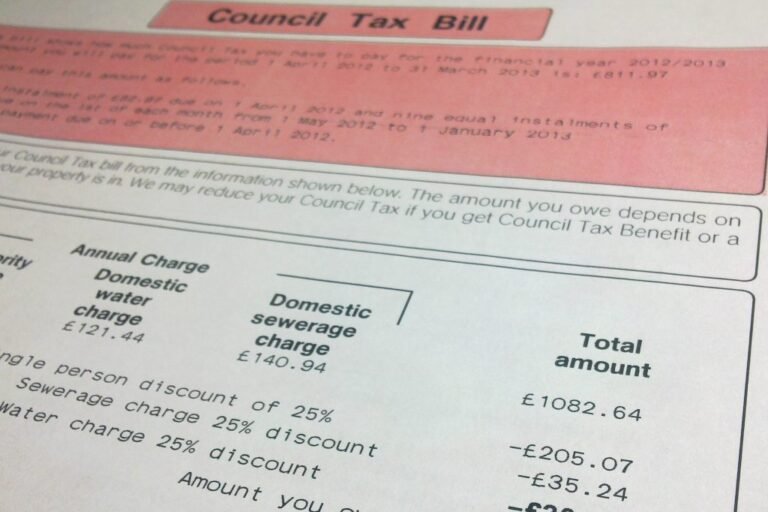The government has “no plans” to revalue council tax bands because it would “risk penalising” pensioners, according to a written response to a Commons’ select committee report on financial distress of local government.
Responding to the Commons’ select committee on levelling up’s recommendation that council tax collection is “urgently” reformed, ministers at the Department for Levelling Up, Housing & Communities said they “remain committed to improving the local government finance landscape in the next Parliament”.
However this “improvement” would not involve reforming the council tax bands as the government response published today said “a revaluation would be expensive to undertake and it would particularly risk penalising those on a lower income, including pensioners, who have seen their homes appreciate in value, and might face a substantial increase in tax without having the income to pay it”.
The select committee had concluded that there is “widespread agreement that council tax is outdated, regressive, and long overdue for reform” and the government’s “increasing reliance on council tax to fund local authorities is causing a disproportionately negative impact on funding levels for authorities in the most deprived areas of England”.
The referendum thresholds were also called into question. The select committee recommended that the limit is raised “at least in line with inflation” as the current policy is “restricting local authorities’ abilities to raise sufficient funding to fulfil their statutory responsibilities”.
DLUHC said it is committed to “continuing to protect local taxpayers from excessive council tax increases” and that “referendum principles are thresholds, not targets, and strike a balance between allowing local authorities to make tough decisions to address pressures on services while protecting local residents from excessive increases”.
The response added: “Every decision to raise council tax is taken locally, and councils can raise council tax above the referendum threshold, provided they have the backing of their residents through a referendum.”
It added that the government has “provided additional flexibility” but any increases above the referendum limit “should only be considered in the most serious of circumstances”.
Flexibilities over revenue raising powers outlined in the government’s local authority capital flexibilities consultation was “welcomed” by the select committee but with warnings that there are risks over this “temporary solution to short-term financial pressures”.
The select committee recommended that flexibilities over capital receipts should be “limited” to “invest-to-save activity only” and the government “must closely monitor local authorities’ uptake” and “act quickly” to prevent “unintended negative consequences.
The committee also warned that the “use of capital funding for revenue expenditure must not become business as usual and is not a sufficient substitute for more fundamental reform of the funding system”.
In response, DLUHC wrote that it takes its “position as the guardian of public funds seriously and there is a clear balance between providing greater freedoms to use capital resources, reserves and assets to alleviate local revenue pressures and incentivise efficiency, while avoiding creating unsustainable financial practices through misuse of flexibilities”.

